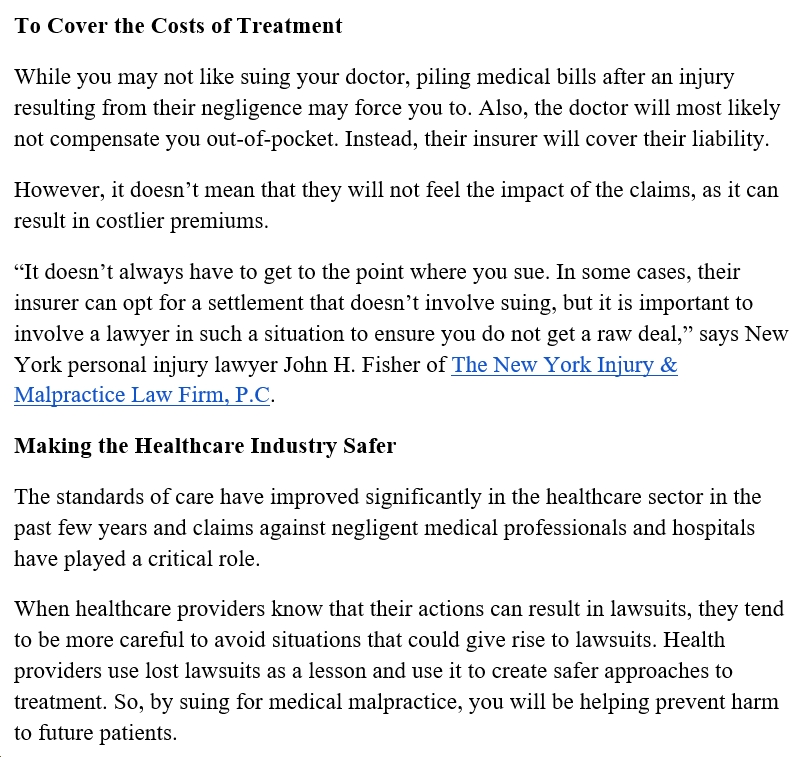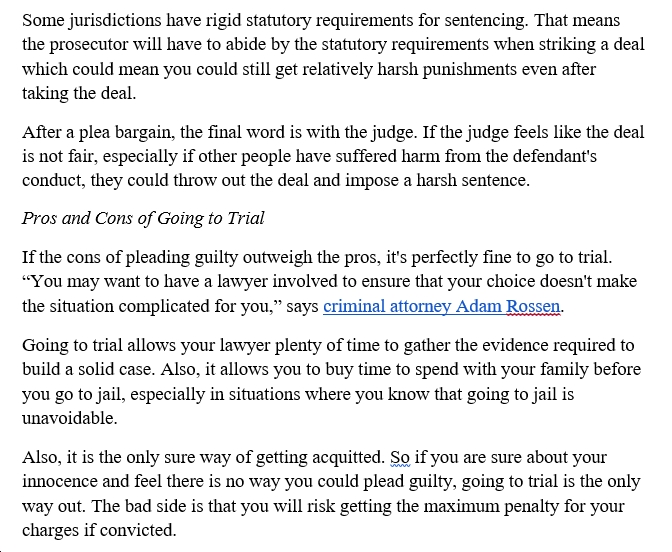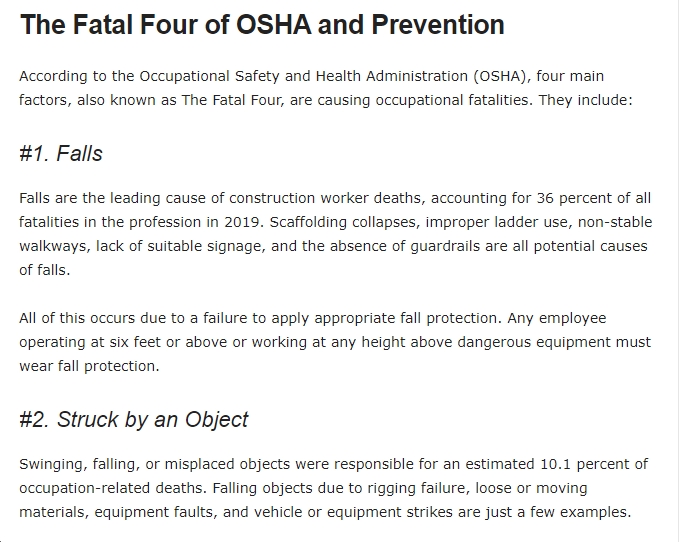SPONSORED CONTENT
In every profession, there are rules and regulations guiding professionals in every career, and medical practitioners are not exempt. This set of rules stands as a check on medical practitioners to ensure that they live up to their ethics. Medical practitioners who fail to adhere to these rules and regulations risk losing their license if found guilty of medical malpractice.
“Medical doctors owe a duty and an accepted standard of care to every patient in their care and can be sued when they fail to live up to that expectation,” says attorney David Benowitz. For instance, if a medical practitioner is under the influence while performing their duty, they risk getting sued for medical malpractice.
Each state in the U.S. has its standards and regulations for handling medical malpractice. Individuals who want to file a claim should consult an attorney experienced in a medical malpractice case.
What is a Medical Malpractice
Medical malpractice typically refers to a situation where a medical practitioner causes harm, injury, or death to a patient. This harm could be due to negligence, wrong judgment, or omission.
Medical malpractice is termed a medical error. Aside from heart attacks and cancer, this is the third leading cause of death in the U.S. Thousands of medical malpractice suits against health care professionals are filed annually in the U.S.
Therefore, patients entrust their lives to medical practitioners and expect them to make sound decisions concerning their health and well-being. Medical error can cause permanent harm or, worse still, death to a patient. Patients, therefore, have the right to demand compensation if such an error occurs.
Types of Medical Malpractice
Different types of conduct can lead to medical malpractice on the provider’s part. Here are a few of them;
#1 Misdiagnosis or Delayed Diagnosis
A misdiagnosis can lead to the death of a patient or leave them with a life-threatening issue in the long run where a doctor delays a patient’s diagnosis or fails to give the correct diagnosis.
#2. Wrong Medication Dosage
If a medical practitioner gives a wrong prescription or exceeds a medication’s dosage, this may lead to complications for the patient.
#3. Mistake Improper Treatment
When a doctor makes a mistake or administers treatment incompetently, the victim and their loved ones can file a medical malpractice lawsuit. The same thing happens if the treatment is delayed or not properly followed.
#4. Leaving the Patient in the Dark About Known Risks
Doctors must inform or warn their patients about the risks involved in a procedure or course of treatment. Failure to carry out this duty will result in a grave consequence. The patient may file a medical malpractice lawsuit for uninformed consent.
#5 Negligence During Operation
A doctor’s negligence during surgery may lead to loss of body parts or death of a patient. When a surgeon leaves a medical tool inside a patient after completion of the surgery, it may lead to complications and cause death.
Damages that may Result from Medical Malpractice
The medical errors on the health care professionals may cause economic and non-economic damages to a patient, including:
- Recurring pain in one part of the body
- Disability
- Mental instability
- Suffering
- Hardship
- High medical bills
- Loss of job and flow of income.
Factors that Must be in Place Before Filing a Medical Malpractice Lawsuit
Certain aspects need to be in place before filing medical malpractice lawsuits, and they include:
- Lack of standard of care: The law in every state requires the medical practitioners to follow an accepted standard of care or risk being liable for negligence.
- Injury on patients due to negligence: The patient will be required to prove that the injury or harm sustained due to the doctor’s negligence wouldn’t have occurred if the doctor had paid more attention. Once the patient can prove this, it will be considered medical malpractice.
- Injury resulting in some damages: If the patient can prove that the harm or injury from negligence resulted in considerable damages, there is a medical malpractice case.
Legal Element for Medical Malpractice
For a case of malpractice to be considered, the four essential legal elements include:
- There must be a professional duty which the medical practitioner owes the patient;
- There must be a breach of such duty;
- There must be an injury to show for such a violation;
- There must be resulting damages.
What to Do in a Case of Medical Malpractice
If, for any reason, you believe that a medical practitioner caused you or a person close to you harm, you can seek help from an attorney who specializes in medical malpractice claims.
The attorney knows the legal proceedings concerning cases like this. If the accused wishes to settle out of court and feel the same, your attorney can arrange that.
But if you feel that only the court can give the compensation you deserve, you will have to assist your attorney by saving all evidence relating to your medical treatment.
Statute of Limitations
The statute of limitation refers to the deadline to file a lawsuit. You should note that each state has its statute of limitations. You can ask your attorney about your state’s statute of limitation to avoid your case getting dismissed in court.
Conclusion
Filing a lawsuit against a medical practitioner for medical malpractice can take a while, but with solid evidence and witnesses to back up your claim, it can go just as you want. Health care professionals are humans and have their weaknesses. You can avoid medical errors or minimize their occurrence by checking for well-trained doctors without previous lawsuits.
However, medical malpractice can occur even with the most qualified medical practitioner. If you or a person close to you experiences harm due to a doctor’s negligence after taking precautions, you can contact an experienced medical malpractice attorney for guidance.
















